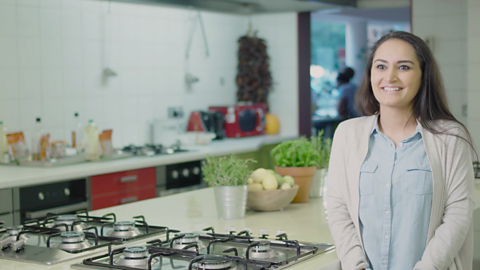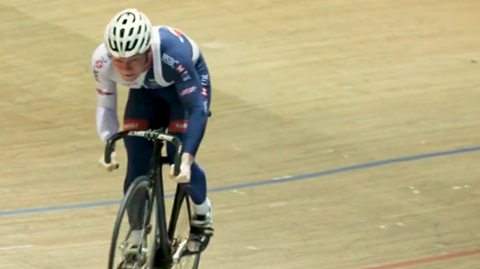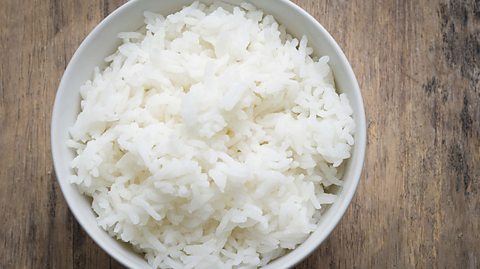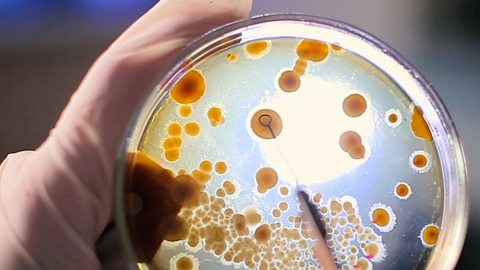Key points
Proteins are a vital part of a healthy diet. Protein-rich foods include fish, meat, eggs and beans.
Your body uses proteins to make new cells for growth, and repair damaged tissues.
Sports nutritionists use knowledge about proteins to ensure their clients get the protein they need to repair damaged muscles.
How does the body use protein?
Video
A rowing coach explains the importance of protein on the performance of his team
The use of science within the role of the rowing coach comes when I'm writing the training plan. I know what changes the kids need to make in order to go faster, and I then use my biology knowledge to make sure that what I'm doing will bring about the right result.
We start training at 6 o'clock in the morning every day. In a sport like rowing, everything in the body is under a lot of stress, every stroke you take, you're going to cause a lot of damage, so you're going to need to repair that damage. By taking onboard the right amount of protein at the right time, that process will happen better.
Protein works by providing the body with the materials that it needs to complete the repair process. We give them their protein, that is then sort of digested and absorbed by the body to the appropriate muscle groups where it's then put to work doing what it does best, which is repair the body bigger, better, stronger than it was before.
Having been an international athlete, you can't really top the Rio Games as being their career highlight. The kids who come through the doors of our rowing club with the same ambition, it's quite inspiring to be able to be a part of their journey.
Nutritionists and coaches need to know how much protein people need, and which foods supply this protein. Sports nutritionists work with athletes to ensure they get enough protein to build and repair damaged muscle.
Protein-rich foods
Protein is one of the main food groups, and is needed by the body for cell growth and repair. Protein-rich foods include:
- fish
- meat
- eggs
- milk
- cheese
- beans
- peas
- tofu
How much protein do you need?
You need to eat protein-rich foods every day. The NHS suggests that each week, protein should come a variety of different foods, with two coming from fish and one from oily fish. The NHS also recommends eating less red meat and less processed meat like burgers and sausages.
Amino acids
All cells are made mainly from protein. This means that your body needs protein to make new cells when you grow, and to replace old or damaged cells.
Proteins are compounds made up of amino acid molecules. In digestion, protein molecules break down long chains of amino acids (peptides), to single amino acids. Later, your body joins amino acids together again, in the correct order, to make the new protein molecules it needs.
A video showing a protein chain being broken down into single amino acids
Test your knowledge
GCSE exam dates 2025
Find out everything you need to know about the 2025 GCSE exams including dates, timetables and changes to exams to get your revision in shape.

More on Nutrition, digestion and excretion
Find out more by working through a topic
- count10 of 15

- count11 of 15

- count12 of 15

- count13 of 15
